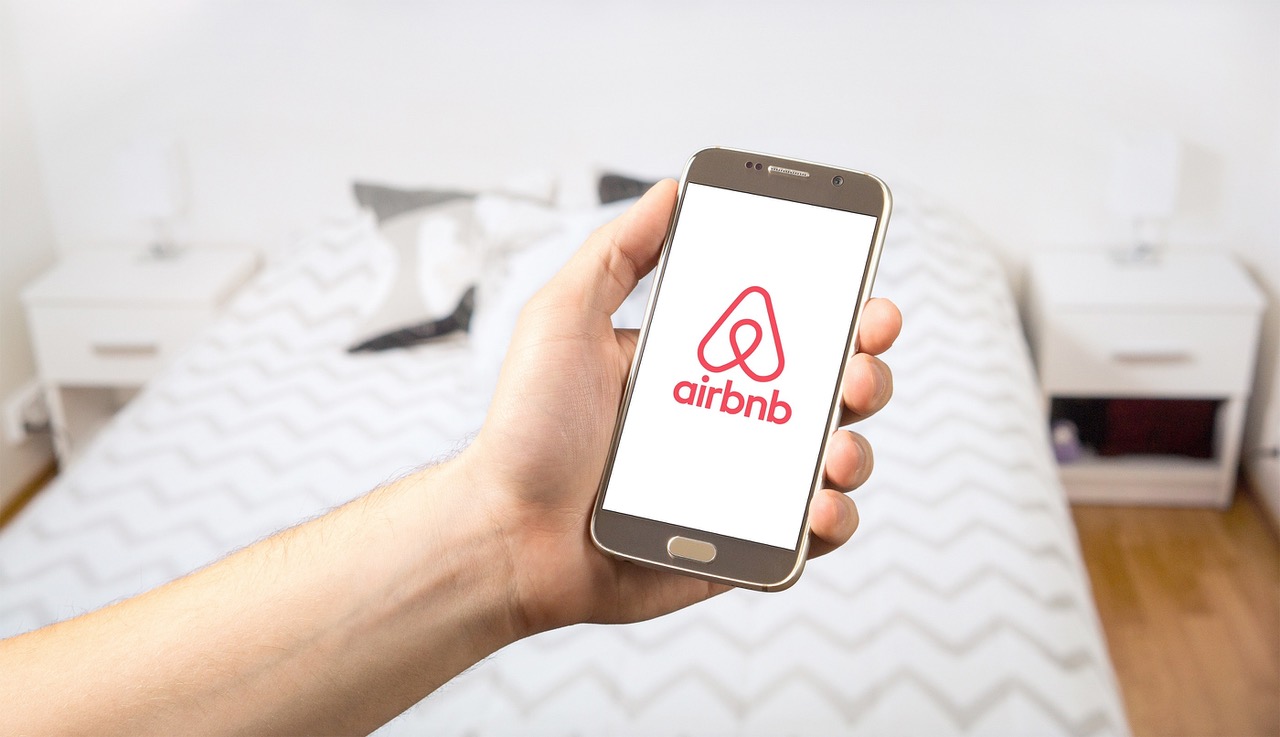Since Airbnb’s founding, 3.5 million guests have arrived at listings across Africa as a whole, and 2 million guests have arrived at listings on Airbnb in South Africa, with roughly half of these arrivals occurring in just the past year.
“Whilst there’s much that’s been said about the traditional hotel industry bemoaning the new ‘home-sharing’ economy, the fact remains that, companies like Airbnb who dynamically blend tech and travel are not for hotels to fear, even as the rental room giant continues to enjoy rapid growth in Africa,” says Wayne Troughton, CEO of specialist hospitality and real estate consultancy firm, HTI Consulting.
Speaking in September this year, Chris Lehane, Airbnb Global Head of Public Policy and Public Affairs shared the potential growth opportunity for African travel, which will account for 8.1% of African GDP by 2028. In South Africa, travel is forecasted to deliver 10.1% of GDP in 2028.
“Any addition to accommodation options available in South Africa’s burgeoning tourist market in South Africa can add value,” says Troughton. “And, with Airbnb mainly targeted at the leisure market, it’s historically shown little impact on the corporate segment. It is also addressing new demand not catered for by the hotel industry by providing accommodation to guests who otherwise can’t afford a room in a particular market; and is adding room capacity in congested markets.”
Since Airbnb’s founding, 3.5 million guests have arrived at listings across Africa as a whole, and 2 million guests have arrived at listings on Airbnb in South Africa, with roughly half of these arrivals occurring in just the past year. The African continent also features three of the top-eight fastest growing countries for guest arrivals on Airbnb (Nigeria, Ghana and Mozambique).
There is no doubt that, locally, the number of rentals associated with Airbnb is growing. Taking Cape Town as an example, Airbnb rentals increased from 10,627 total rentals cumulative in 2015 to 39,538 total rentals cumulative YTD 2018. “This is extremely positive growth and there is no doubt that a portion of these rentals have displaced demand from hotels,” says Troughton.
“It’s important to note, however, that a large proportion of these rentals are not available year round. Air DNA indicates that only 12% of Airbnb properties in Cape Town (approx. 1,970 properties) are available for rental 10 – 12 months of the year. The majority (48%) are only available for rental 1 – 3 months of the year,” he explains. "It’s highly likely that many of these properties are let over peak holiday periods such as Christmas/Easter when hotels in Cape Town are already full and operating at premium prices.”
“In addition a proportion of these rentals are rentals of houses and apartments which are let out by owners over the peak season and rent their houses or apartments as a way to fund their holidays or a means to generate additional cash. Furthermore, only studio and one bedroom units are likely to compete directly with hotels for short term travelers and these only represent 38% of total Cape Town rentals.”
Troughton also points out that, whilst the number of Airbnb rentals in Cape Town have increased in recent years, occupancies for hotels in the city have grown at a CAGR of 3.3% between 2012 and 2017 despite Airbnb expansion, changes to visa laws, impacts of the Ebola virus and an increase of 1000+ rooms in the city. Along with the positive occupancy growth, rates have also increased at a CAGR of 10.7% over the last six years, he says.
Although Airbnb rentals have increased significantly in Cape Town this does not necessarily mean that the number of rooms available for rental have increased to the same extent, as rooms listed on Airbnb are listed on other sites and through other agents and other channels as well and a proportion thereof were listed before the launch of Airbnb, says Troughton
“An assessment of the number of rentals in Johannesburg showed a smaller uptake in the Airbnb trend,” states Troughton. “Total cumulative rentals increased from 1,822 in 2015 to 10,430 total cumulative rentals YTD 2018,” he says. “The business nature of travel to Johannesburg is likely to be one of the stronger influencers of hotel demand.”
“Whilst Airbnb is undoubtedly gaining a portion of hotel guests, that portion isn't nearly enough to unseat traditional lodgings. Furthermore, not only are companies like Airbnb delivering real income and employment to local communities, they’re also helping to bolster national tourism economies,” Troughton comments, “and proving beneficial to second tier destinations such as Durban, Hermanus, Plettenberg Bay and George.”
When comparing the Airbnb offering with that of traditional hotels it’s important to note that ‘location’ is consistently rated the most important factor in accommodation purchasing decisions. Most hotels have an advantage with central locations and easy access to transportation with holiday rental maps often look much like a doughnut around the center of the city.
“Amenities are another consideration,” says Troughton, “while some holiday rentals may have a swimming pool they are unlikely to have facilities such as a spa, kids club or restaurant.”
There are other issues we should also take into account. For one, consider the power of loyalty programmes as a way of retaining and growing business. Marriott Rewards, for example, the biggest loyalty programme in the world, brings a potential 100m travelers to its hotels. The members are not likely to forego their Reward points in favour of another type of accommodation offering.
“The local hotel industry can certainly learn from the likes of Airbnb though,” says Troughton. “Earlier this year, Airbnb named Cape Town among 13 cities globally that would pioneer Airbnb Plus, a hotel-like tier of homes verified for quality and comfort, inspired by some of Airbnb’s best hosts and homes. Part of Airbnb’s success has been it’s offering of relevant and personalised experiences that make travellers feel like a local. And since personalisation is a growing trend in our industry, there is something to learn from this moving forward.”
Airbnb have also recently signed a collaborative agreement with Cape Town, the first in Africa, to work with the City to advocate the benefits of people-to-people tourism for Cape Town residents and communities, and promote Cape Town across the world as a unique travel destination.
“Overall, Airbnb plays a role and fulfills a need in the leisure segment, and the part-time sales segment, helping to bolster room nights during peak periods. However, we don’t see it as a direct threat to hotels, which provide a different offering and more extensive list of services better suited to and more recognised by short term travelers and those visiting a city for the first time,” concludes Troughton.
Vicky is the co-founder of TravelDailyNews Media Network where she is the Editor-in Chief. She is also responsible for the daily operation and the financial policy. She holds a Bachelor's degree in Tourism Business Administration from the Technical University of Athens and a Master in Business Administration (MBA) from the University of Wales.
She has many years of both academic and industrial experience within the travel industry. She has written/edited numerous articles in various tourism magazines.













































































































































































































